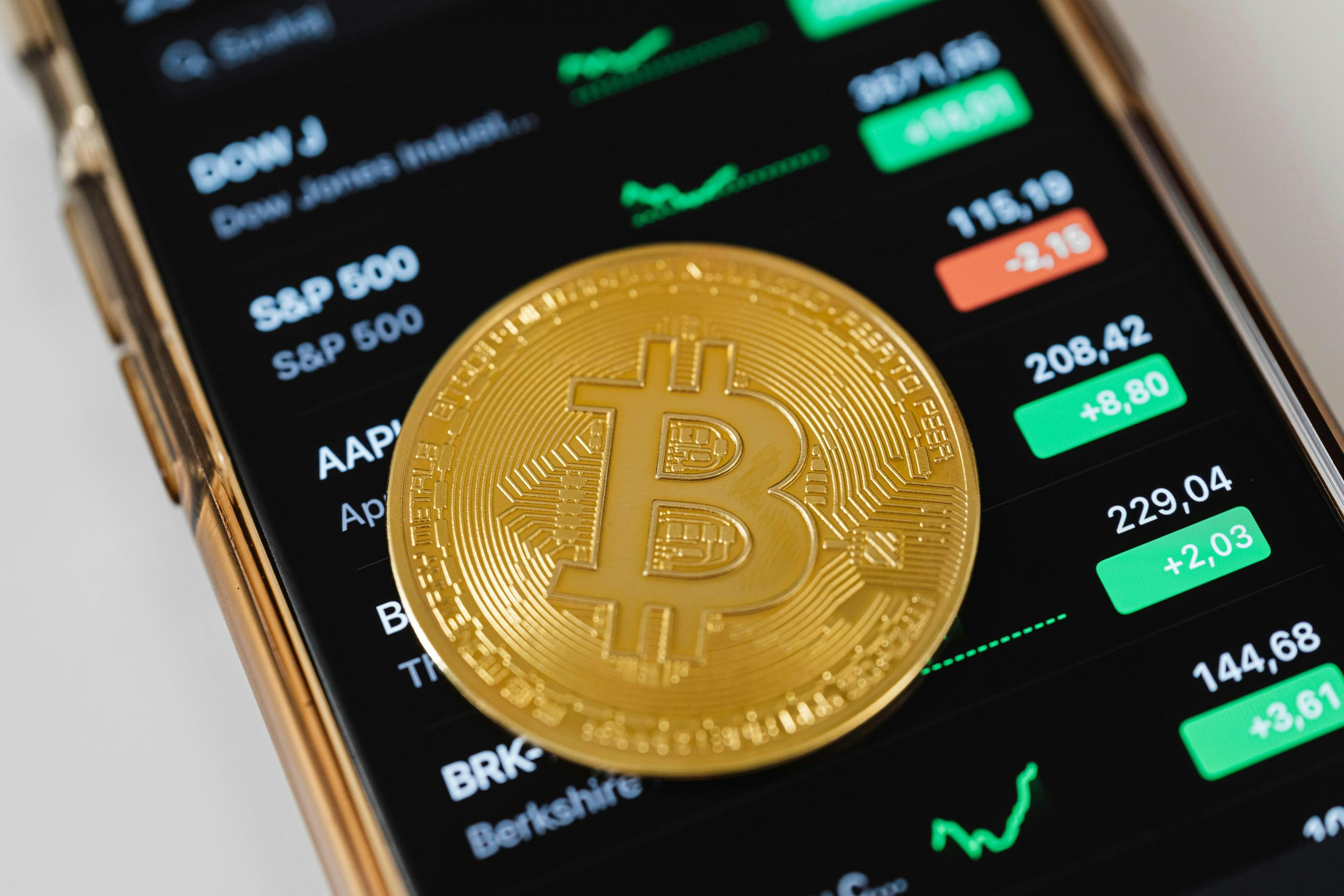
Blockchain & Dubai Real Estate: Is Tokenized Off-Plan Buying the Future?
Aug 4, 2025
5 minutes read
Dubai has always been at the forefront of innovation, whether it’s in architectural marvels, futuristic infrastructure, or economic diversification. Now, the city is preparing to lead the next frontier of real estate evolution: tokenized property investment using blockchain technology. This shift could redefine how investors buy, sell, and manage off-plan properties in Dubai.
In this comprehensive guide, we’ll explore the intersection of blockchain and Dubai’s off-plan property market, including the fundamentals of tokenization, its benefits, challenges, regulatory landscape, and whether it truly represents the future of real estate in the region.
What is Tokenized Real Estate?
Tokenization is the process of converting ownership rights in a real-world asset—in this case, property into digital tokens on a blockchain. These tokens represent shares in the property and can be traded like stocks or cryptocurrencies.
In off-plan developments, tokenization means that instead of buying a full unit or villa, investors could buy a fraction of the property, represented digitally on a secure and transparent blockchain ledger.
Why Dubai is Poised for Tokenized Property Investment
Dubai’s proactive approach to both real estate and technology makes it an ideal ground for tokenized real estate. The government has already rolled out blockchain strategies in public services and is embracing fintech innovations that support digital ownership models. Dubai Land Department (DLD) has introduced initiatives to digitize property transactions, signaling a clear move toward smart real estate.
Key Advantages Dubai Offers:
- Forward-thinking regulatory bodies
- Global investor base
- High volume of off-plan developments
- Early adoption of digital technologies

Benefits of Tokenized Off-Plan Buying in Dubai
1. Accessibility for Small Investors
Tokenization allows fractional ownership, meaning someone can invest in real estate with as little as a few hundred dollars. This democratizes access to Dubai’s booming property market.
2. Liquidity in an Illiquid Market
Traditional real estate is illiquid; tokenized assets, however, can be traded on digital exchanges, allowing investors to exit quickly even before project completion.
3. Enhanced Transparency
Blockchain records every transaction, making data immutable and visible to all parties involved. This reduces the chances of fraud, which can be a concern in pre-construction sales.
4. Global Investment Opportunities
With digital wallets and token-based ownership, buyers from any country can participate in Dubai’s off-plan projects without the need for extensive paperwork.
5. Faster Transactions & Lower Costs
Blockchain eliminates intermediaries like banks and brokers, making the process faster and reducing transaction fees.

Use Cases of Tokenization in Dubai Real Estate
- Fractional Investment in Luxury Apartments: A developer launches a high-end tower in Downtown Dubai and tokenizes it so multiple investors can own portions.
- Rental Income Sharing: Once the project is complete, income from renting the unit can be distributed via smart contracts to all token holders.
- Exit Before Completion: An investor who buys tokens early in the development phase can sell them at market value before handover, potentially at a profit.
Challenges to Tokenized Off-Plan Investment
1. Regulatory Framework
While Dubai is progressive, the legal framework for digital tokens as property rights is still evolving. Regulatory clarity is needed to protect buyers and define ownership legally.
2. Market Education
Tokenization and blockchain remain technical topics. For mass adoption, developers and investors need to be educated about their benefits and risks.
3. Platform Security
Cybersecurity threats to blockchain platforms can affect token holders. Ensuring secure, regulated platforms is essential.
4. Integration with Traditional Systems
Tokenized property models must be compatible with the existing land registration systems, banks, and mortgage providers.
Dubai Government's Role in Advancing Tokenization
The Dubai Land Department and Smart Dubai initiative are key drivers of blockchain adoption in real estate. The Emirates Blockchain Strategy 2021 already aimed to move 50% of government transactions to blockchain.
Although full tokenization is not yet mainstream, pilot projects and blockchain-based recordkeeping are underway. In the near future, tokenization could be legalized and regulated as part of Dubai’s strategic vision.
Impact on Developers & Agents
For Developers:
- Easier access to global capital without traditional fundraising
- Selling properties faster by allowing fractional buyers
For Agents & Brokers:
- Opportunity to manage token sales and become token advisors
- Expansion into global clientele without physical presence

Tokenization vs Traditional Off-Plan Buying: A Modern Comparison
When comparing tokenized property buying to the traditional off-plan route in Dubai, several distinctions highlight how blockchain is reshaping real estate investment.
- Minimum Investment: Traditional buying typically requires purchasing an entire unit, which means a high capital outlay. In contrast, tokenized buying allows for fractional ownership, enabling investors to buy just a portion of the property through digital tokens dramatically lowering the barrier to entry.
- Liquidity: Real estate has always been considered illiquid, especially off-plan. Traditional buyers often wait years to resell. However, tokenized assets can be traded on blockchain-enabled platforms, offering far greater liquidity and flexibility for investors.
- Transaction Time: Traditional off-plan transactions can take weeks to process due to manual paperwork, developer coordination, and approvals. With tokenization, transactions are executed in hours or even minutes, thanks to smart contracts and blockchain’s automated verification.
- Ownership Type: In traditional buying, investors receive a physical title deed registered with the Dubai Land Department. In tokenized deals, ownership is represented through digital tokens, securely stored on blockchain networks and verified through smart contracts.
- Paperwork: Traditional processes involve extensive legal documentation, notary approvals, and developer paperwork. Tokenized purchases reduce bureaucracy through minimal paperwork, with most procedures handled digitally using smart contracts.
- Accessibility: Traditional off-plan purchases may be limited by nationality, visa status, or residency regulations. Tokenized property ownership can be globally accessible, opening the Dubai market to international micro-investors without geographical constraints.
What Should Investors Do Now?
- Start Learning: Understand blockchain basics and how tokenized real estate works.
- Choose Regulated Platforms: Only work with licensed tokenization companies.
- Review Legal Agreements: Ensure tokens represent actual property rights and not speculative assets.
- Diversify Investments: Consider allocating a portion of your portfolio to tokenized assets, especially in a market like Dubai.
Final Thoughts: Is Tokenized Off-Plan Buying the Future in Dubai?
Tokenized real estate is no longer a futuristic idea; it's already here in pilot form. As Dubai continues to blend innovation with regulation, tokenization has the potential to reshape the off-plan buying experience.
For buyers seeking flexibility, transparency, and global access, blockchain-based property investment might soon become the norm rather than the exception.
As with any investment, due diligence is key. But one thing is clear: Dubai is laying the foundation for a smart, decentralized real estate economy and the door is wide open for tokenized buyers to step in.
Interested in exploring tokenized off-plan investment opportunities? Contact our experts at 11Prop to learn how you can be part of Dubai’s next property revolution.
1. What is tokenized real estate in Dubai?
Tokenized real estate involves dividing property ownership into digital tokens stored on a blockchain, allowing investors to purchase fractions of a property rather than the entire unit.
2. How is blockchain used in Dubai’s off-plan market?
Blockchain helps streamline property transactions through smart contracts, improves transparency, reduces paperwork, and enables faster and more secure ownership transfers.
3. Is tokenized buying legal in the UAE?
As of now, tokenized property is in early stages of legal adoption in Dubai. Regulatory frameworks are being explored to ensure security and compliance with real estate laws.
4. Can foreigners invest in tokenized properties in Dubai?
Yes. Tokenized assets, especially on public or regulated platforms, are accessible globally, making it easier for foreign investors to enter the Dubai property market.
5. What are the risks of tokenized off-plan investments?
While blockchain enhances security, tokenized real estate is still new and evolving. Risks include platform reliability, regulatory uncertainty, and limited resale markets compared to traditional property.




